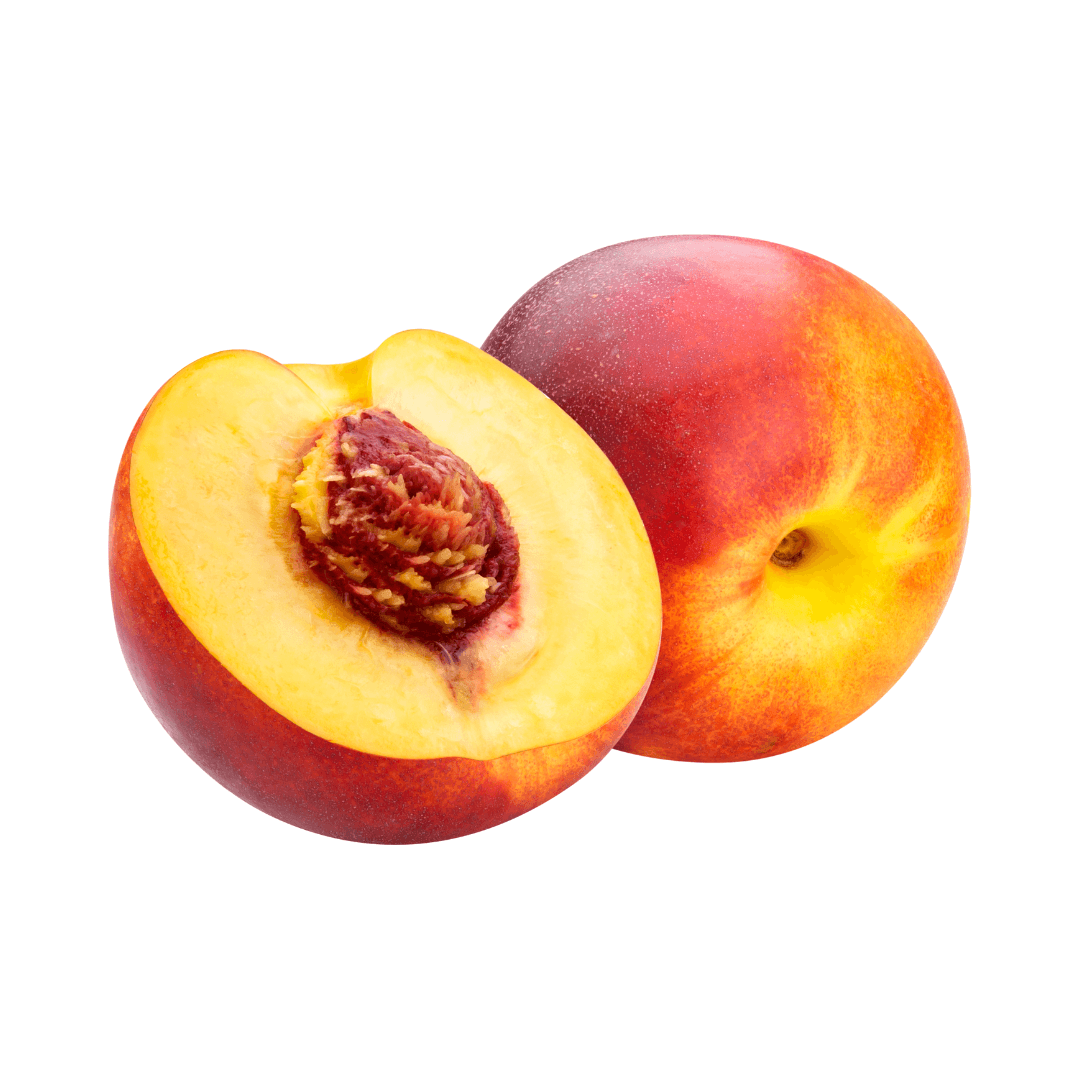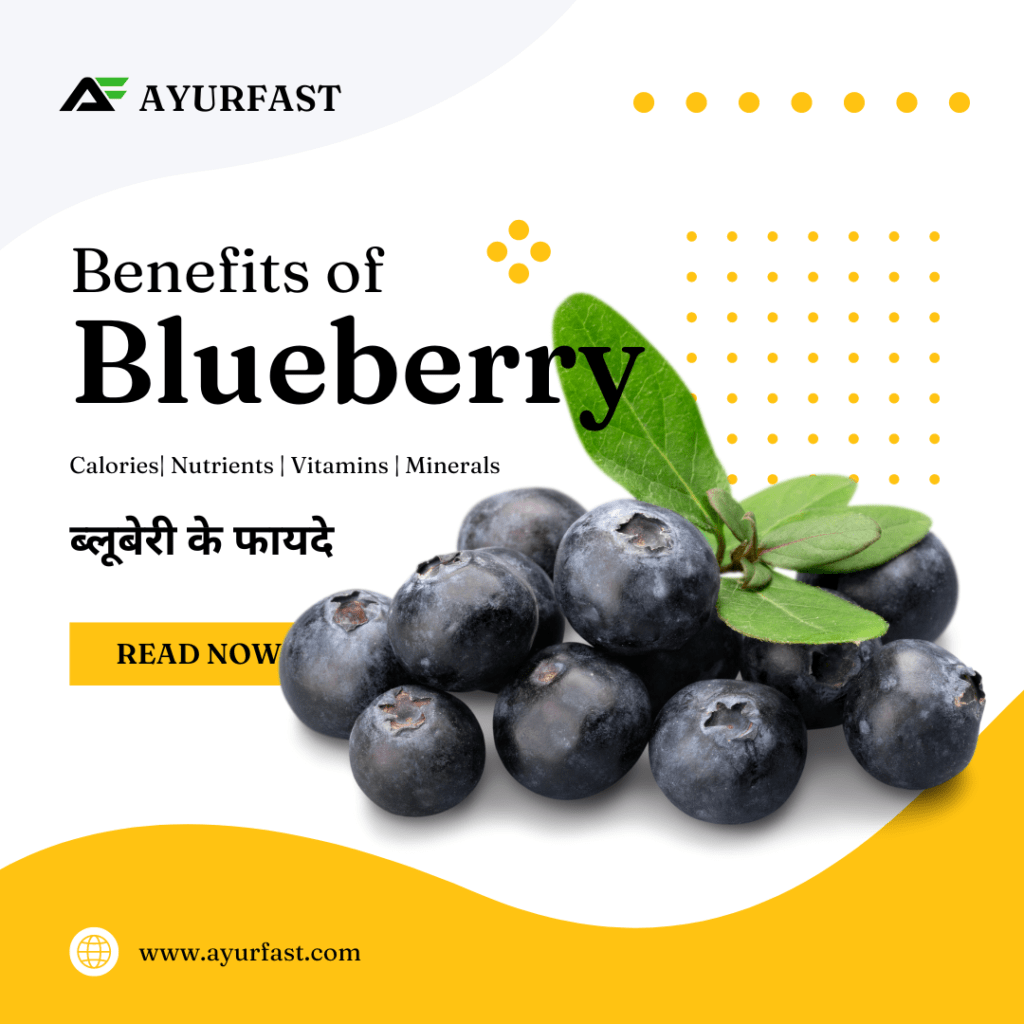About
Nectarine is a type of fruit that belongs to the Rosaceae family, similar to peaches and plums. It is a round or oval-shaped fruit with smooth, colorful skin that can be yellow, red, or orange. The flesh inside is juicy and sweet, with a single large seed in the center.
Here are some health benefits of nectarines:
-
Rich in Nutrients: Nectarines are a good source of vitamins and minerals, including vitamin C, vitamin A, potassium, and dietary fiber.
-
Supports Digestive Health: The fiber in nectarines helps promote regular bowel movements and can improve digestive health.
-
Boosts Immunity: Nectarines are rich in vitamin C, which helps support a healthy immune system and protects against infections.
-
Promotes Skin Health: The vitamin C and antioxidants in nectarines can help protect the skin from damage caused by free radicals, which can lead to premature aging.
-
Reduces Inflammation: Nectarines contain anti-inflammatory compounds that can help reduce inflammation in the body, which is linked to a range of chronic health conditions.
List of diseases that can be cured by nectarines:
- Obesity
- Diabetes
- Cardiovascular diseases
- Digestive disorders
- Inflammatory diseases
- Skin disorders
Energy and Macronutrients per 50-gram serving of nectarines
| Nutrient | Amount |
|---|---|
| Calories | 28 |
| Carbohydrates | 6.7 g |
| Protein | 0.6 g |
| Fat | 0.2 g |
| Fiber | 1.5 g |
| Water | 43.6 g |
Vitamins per 50-gram serving of nectarines
| Vitamin | Amount |
|---|---|
| Vitamin A | 149 IU |
| Vitamin B1 (Thiamin) | 0.015 mg |
| Vitamin B2 (Riboflavin) | 0.022 mg |
| Vitamin B3 (Niacin) | 0.339 mg |
| Vitamin B6 | 0.027 mg |
| Vitamin B12 | 0 mcg |
| Vitamin C | 4.8 mg |
| Vitamin D | 0 IU |
| Vitamin E | 0.4 mg |
| Vitamin K | 2.3 mcg |
| Folate | 6.5 mcg |
| Biotin | 0.4 mcg |
Minerals per 50-gram serving of nectarines
| Mineral | Amount |
|---|---|
| Calcium | 6.8 mg |
| Iron | 0.18 mg |
| Iodine | 0 mcg |
| Zinc | 0.12 mg |
| Magnesium | 6.2 mg |
| Phosphorus | 11.6 mg |
| Potassium | 121 mg |
| Sodium | 0.5 mg |
| Chloride | 6.3 mg |
| Copper | 0.028 mg |
| Chromium | 0 mcg |
| Fluoride | 1.3 mcg |
| Molybdenum | 1 mcg |
| Manganese | 0.052 mg |
| Selenium | 0.1 mcg |
What are the health benefits of nectarines?
Nectarines offer several health benefits, including being rich in nutrients like vitamin C and potassium, supporting digestive health, boosting immunity, promoting skin health, and reducing inflammation.
Can nectarines help in curing diseases?
While nectarines are not a cure for diseases, they may contribute to overall health and well-being. They are known to have potential benefits for conditions such as obesity, diabetes, car
What is the nutritional value of a 50-gram serving of nectarines?
A 50-gram serving of nectarines contains approximately 28 calories, 6.7 grams of carbohydrates, 0.6 grams of protein, 0.2 grams of fat, 1.5 grams of fiber, and 43.6 grams of water.
Which vitamins are found in nectarines?
Nectarines contain a range of vitamins, including vitamin A, vitamin B1 (Thiamin), vitamin B2 (Riboflavin), vitamin B3 (Niacin), vitamin B6, vitamin C, vitamin E, vitamin K, folate, and biotin.
What are the minerals present in nectarines?
Nectarines contain various minerals, such as calcium, iron, zinc, magnesium, phosphorus, potassium, sodium, chloride, copper, chromium, fluoride, molybdenum, manganese, and selenium.
How does the vitamin C in nectarines benefit our health?
Vitamin C in nectarines plays a crucial role in supporting a healthy immune system, protecting against infections, and promoting skin health by combating free radicals that cause premature aging.
Can nectarines aid in digestive health?
Yes, nectarines can help promote digestive health due to their dietary fiber content, which supports regular bowel movements and overall digestive function.
Are there any anti-inflammatory properties in nectarines?
Yes, nectarines contain anti-inflammatory compounds that can help reduce inflammation in the body, which is associated with various chronic health conditions.
How do nectarines contribute to skin health?
The vitamin C and antioxidants present in nectarines help protect the skin from damage caused by free radicals, promoting healthier and youthful-looking skin.
Can nectarines be part of a weight loss diet?
Nectarines are low in calories and fat, making them a suitable addition to a weight loss diet when consumed as part of a balanced and calorie-controlled eating plan.
Is it possible to consume nectarines as a diabetic?
Nectarines can be a part of a diabetic's diet in moderation due to their relatively low glycemic index and natural sweetness. However, it is essential to monitor overall carbohydrate intake and consult a healthcare professional.
How can nectarines be incorporated into a healthy diet?
Nectarines can be enjoyed as a snack, added to salads, used in smoothies, or incorporated into various desserts, providing a nutritious and flavorful addition to a balanced diet.
Are there any allergens associated with nectarines?
nectarines may cause allergic reactions in some individuals, particularly those with sensitivities to other stone fruits like peaches and plums. It's advisable to be cautious if you have a known allergy and consult with a healthcare professional if necessary.
Can nectarines be beneficial during pregnancy?
Nectarines can be a healthy addition to a pregnant woman's diet due to their nutrient content. However, pregnant women should consult their healthcare provider for personalized dietary advice.
How can I store nectarines to maintain their freshness?
Store ripe nectarines in the refrigerator to prolong their freshness. If they are not ripe yet, keep them at room temperature until they ripen, and then transfer them to the refrigerator.
Are there any organic options for purchasing nectarines?
Yes, organic nectarines are available at some grocery stores and farmers' markets. Look for certified organic labels to ensure they meet organic farming standards.
Are nectarines genetically modified (GMO)?
As of my knowledge cutoff date in September 2021, there were no commercially available genetically modified nectarines. Always check the labeling or consult with suppliers to ensure non-GMO products.
How do nectarines differ from peaches?
Nectarines and peaches are very similar, but nectarines have a smooth skin, while peaches have a fuzzy outer texture. The taste and nutritional content of the two fruits are quite comparable.









